Janet Samuel, Abuja
Kwara State Governor, AbdulRahman AbdulRazaq, has appealed to the management of the Tertiary Education Trust Fund (TETFund) for assistance for the upgrade of the three Colleges of Education in the state to Universities of Education.
Governor AbdulRazaq, made the plea when he paid a working visit to the Executive Secretary (SE) of Tertiary Education Trust Fund, Sonny Echono on Wednesday in Abuja.
The three colleges of education for conversion according to him are;: Kwara State College of Education, Oro; Kwara State College of Education (Technical), Lafiagi; and Kwara State College of Education, Ilorin.
AbdulRazaq who disclosed that some of the state colleges of education were faced with challenges of infrastructure, poor investment, and lopsidedness noted that there are less academic staff compared to the numbers of the non-academic staff.
The Gov. Who appreciated the Fund for its massive interventions in both Federal andl State tertiary institutions across the country said his visit was not to complain about marginalization but to thank the Executive Secretary and his management team for impactful interventions in Kwara state and indeed in the entire public tertiary institutions around Nigeria.
He said it was on record that Kwara has one of the best University Library in the whole of the West Africa courtesy of TETFund’s intervention.
“But we need more support. By and large we intend to convert all our colleges of education to Universities of education and so we need your assistant to do that. It is easy to do that because the structures are there,”
Responding, the Executive Secretary of TETFund, Sonny Echono, pledged to increase its intervention to tertiary institutions in the State. Promising to help actualizing the governor’s dream of converting some of the Colleges of Education in the state into Universities.
He commended Kwara state for leading the north in education from the Colonial period, which has been reflected even in the number of institutions in the state.
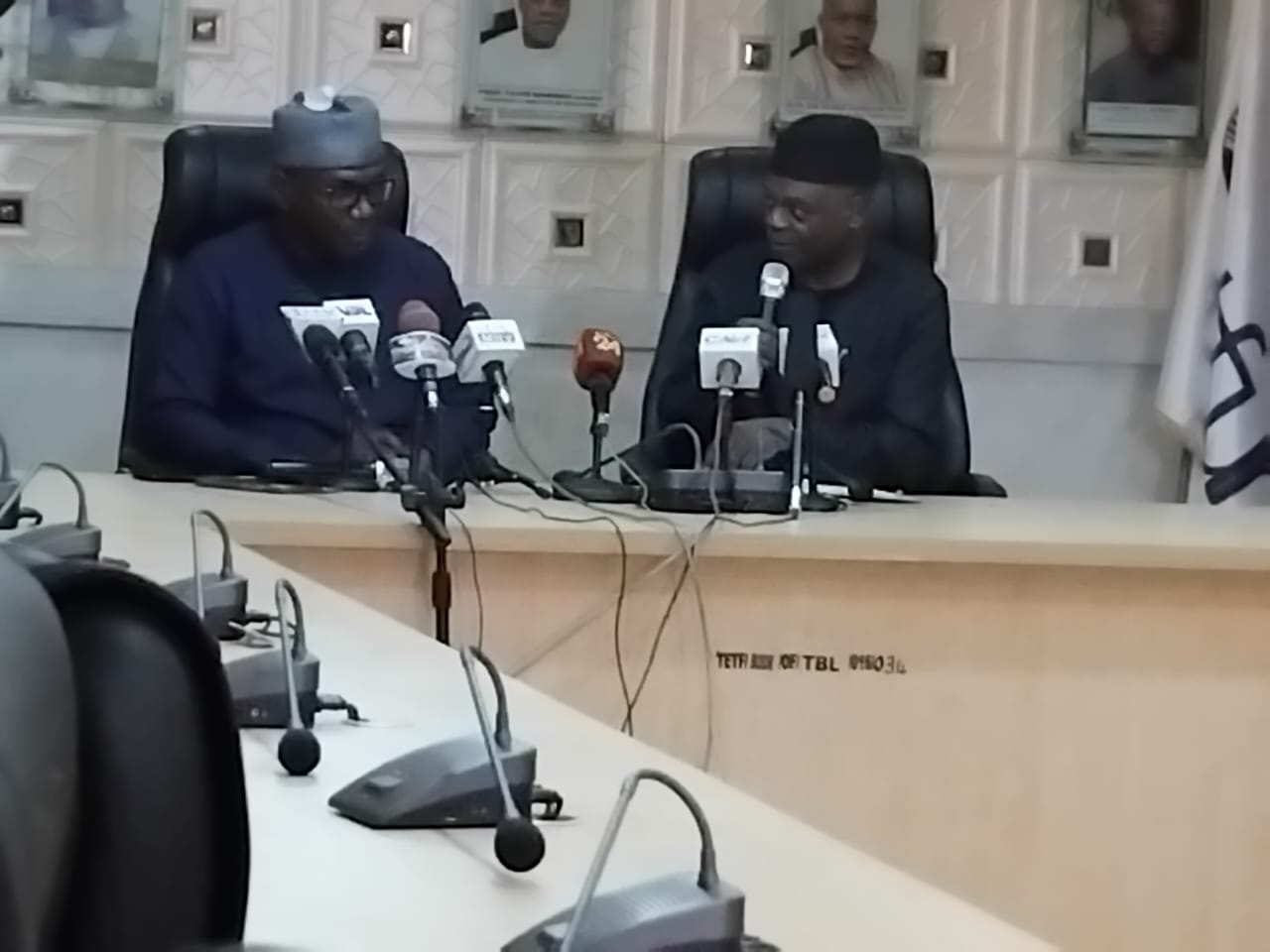
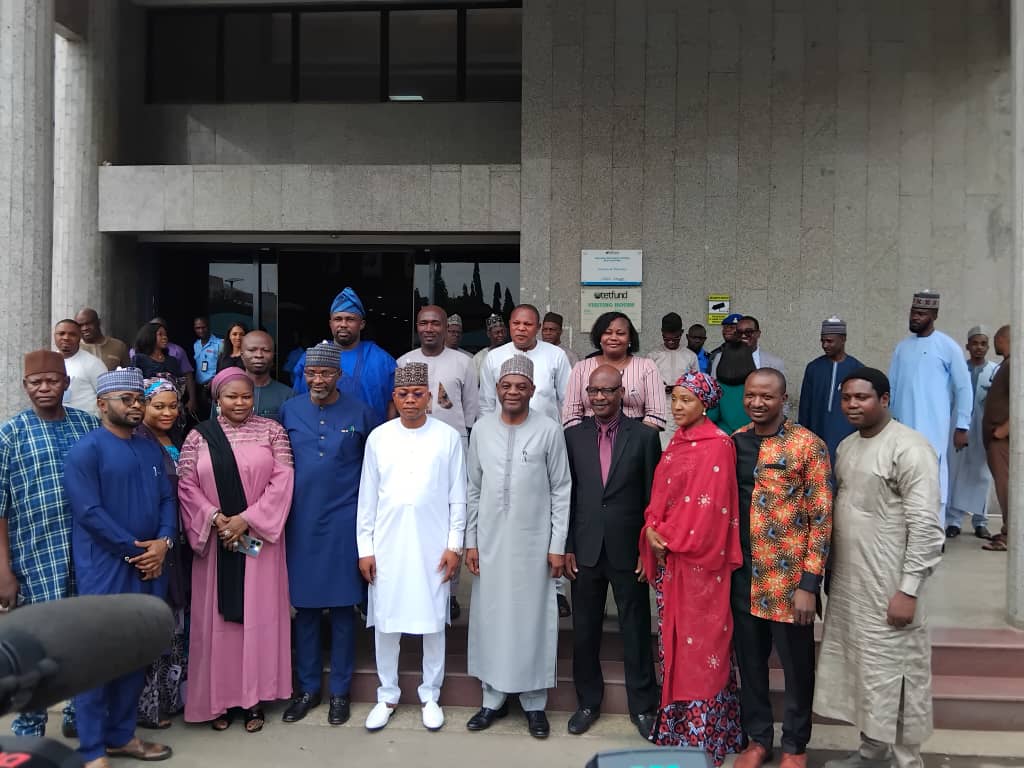
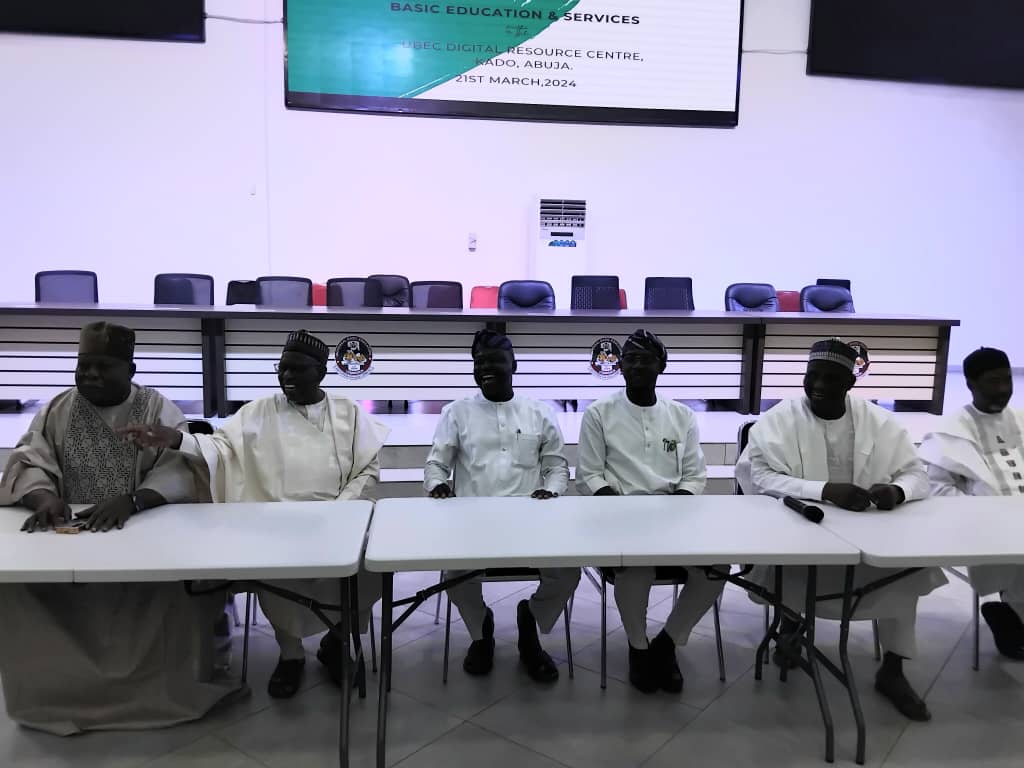
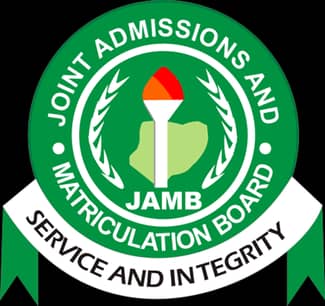

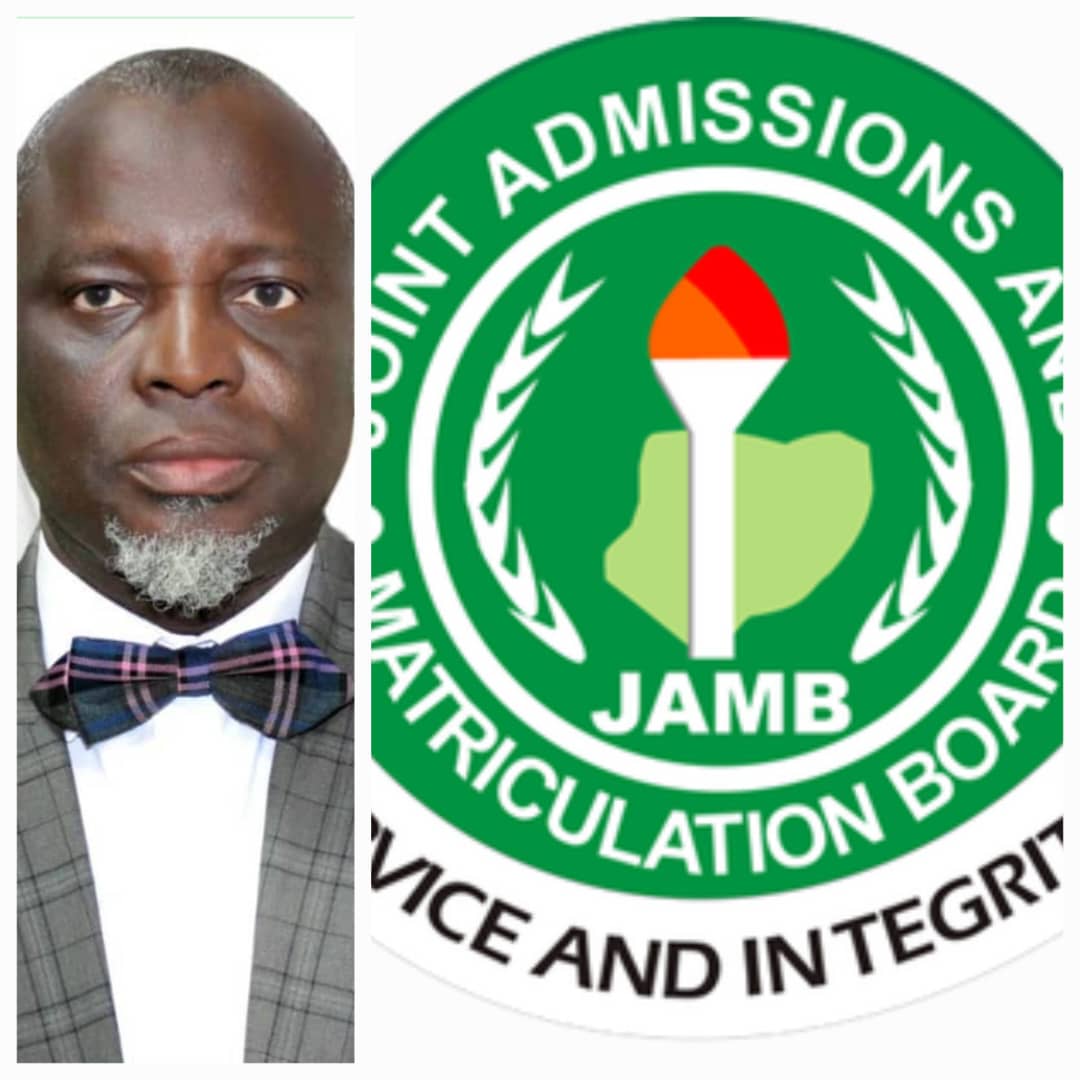

GIPHY App Key not set. Please check settings